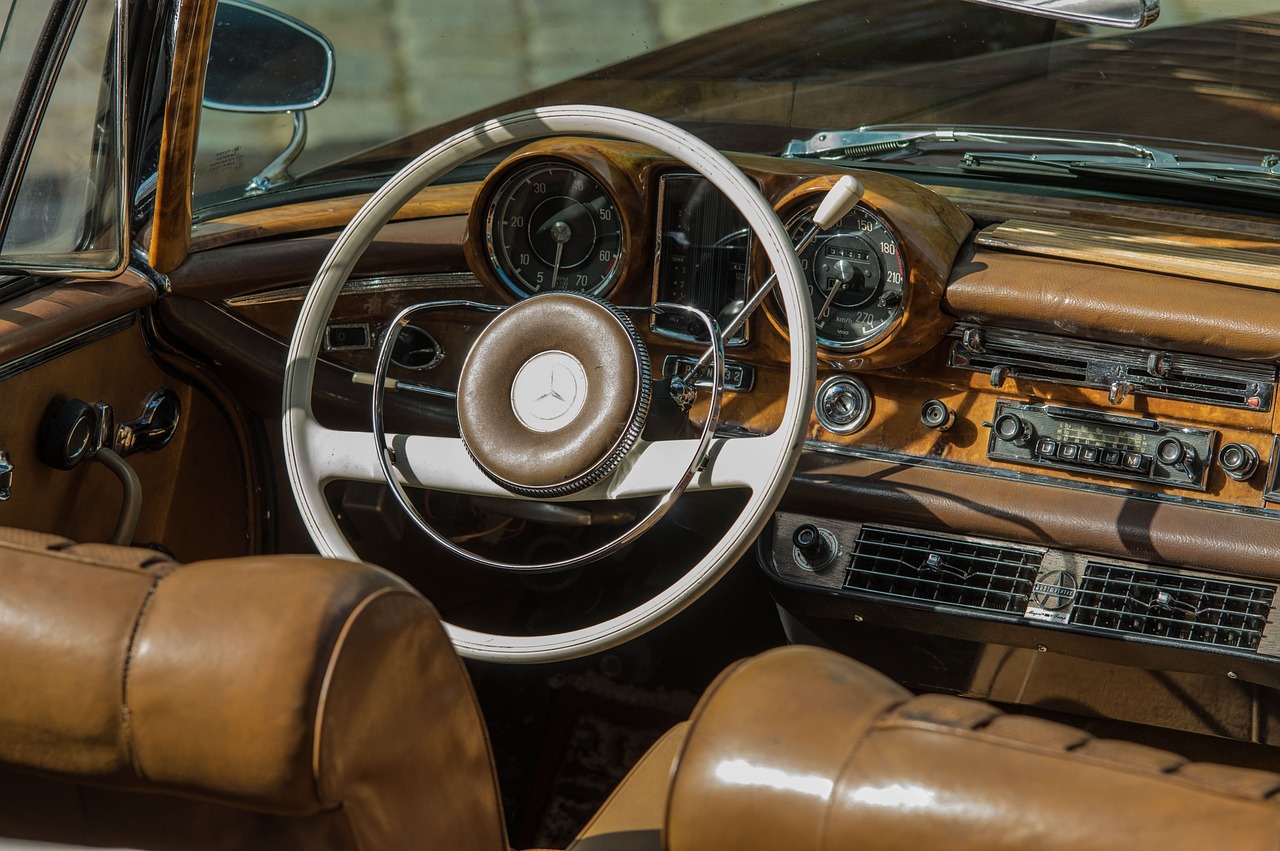The Role of Artificial Intelligence in Enhancing Car Safety Features
Collision avoidance systems have seen significant advancements with the integration of artificial intelligence (AI) technologies. By utilizing AI algorithms, these systems are able to analyze vast amounts of data in real-time to predict potential collisions and take necessary measures to prevent accidents. This has greatly enhanced the safety of vehicles on the road by providing drivers with early warnings and assisting in emergency braking situations.
AI has enabled collision avoidance systems to become more sophisticated in their ability to adapt to various driving conditions and environments. Through machine learning techniques, these systems can continuously improve their performance by learning from past experiences and identifying patterns in driving behavior. This dynamic nature of AI-powered collision avoidance systems ensures that they stay up-to-date with the latest driving trends and technologies, ultimately enhancing their effectiveness in preventing accidents.
The Evolution of AI in Adaptive Cruise Control
Adaptive Cruise Control (ACC) has undergone significant advancements with the integration of Artificial Intelligence (AI). As AI technology continues to improve, so does the capability of ACC systems to provide more efficient and accurate control of vehicle speed and maintain safe distances from other vehicles on the road. This evolution has led to enhanced safety features in vehicles, resulting in fewer accidents caused by human error.
The use of AI in ACC has revolutionized how vehicles interact with each other on the road. Through the analysis of various sensory inputs and real-time data, AI algorithms can predict and adjust the speed of the vehicle to ensure a safe driving experience. This level of automation not only increases the comfort of the driver but also reduces the likelihood of collisions, making roads safer for everyone.
What is the role of AI in collision avoidance systems?
AI plays a crucial role in collision avoidance systems by continuously analyzing data from sensors to predict potential collisions and take appropriate actions to prevent them.
How has AI evolved in adaptive cruise control systems?
AI in adaptive cruise control systems has evolved to become more advanced, with the ability to learn from past experiences and adapt to different driving conditions in real-time.
Can AI in adaptive cruise control systems completely eliminate the risk of collisions?
While AI in adaptive cruise control systems can significantly reduce the risk of collisions, it cannot completely eliminate the possibility of accidents as external factors beyond its control may still come into play.
What are some of the benefits of using AI in adaptive cruise control systems?
Some benefits of using AI in adaptive cruise control systems include improved safety, smoother driving experience, and better fuel efficiency.
How do AI-powered collision avoidance systems differ from traditional ones?
AI-powered collision avoidance systems are more proactive and responsive, as they are able to analyze complex data patterns and make split-second decisions to avoid accidents. Traditional systems, on the other hand, may not be as adaptive or intelligent.







